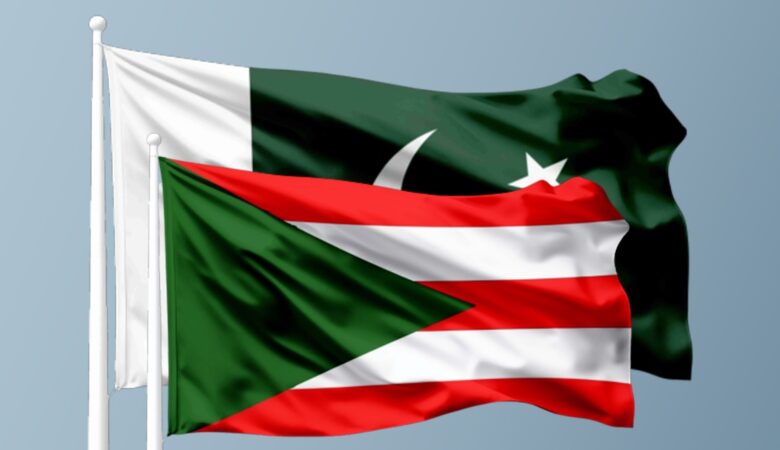Provincial autonomy
Pakistan is a multinational, multicultural, and multilingual federation. The sovereignty, national, and cultural identity of all national, cultural, linguistic, and geographical units included in the federation will be protected. They will be freed from all kinds of exploitation, oppression, economic oppression, and discrimination. The Federation of Pakistan will be made the supreme authority and an equal participant in all internal and external affairs of the state. Their political, economic, cultural, linguistic, and internal sovereignty will be fully protected. The establishment of new provinces will be supported, keeping in mind the wishes of the people and the administrative requirements of the geographical and cultural background.


